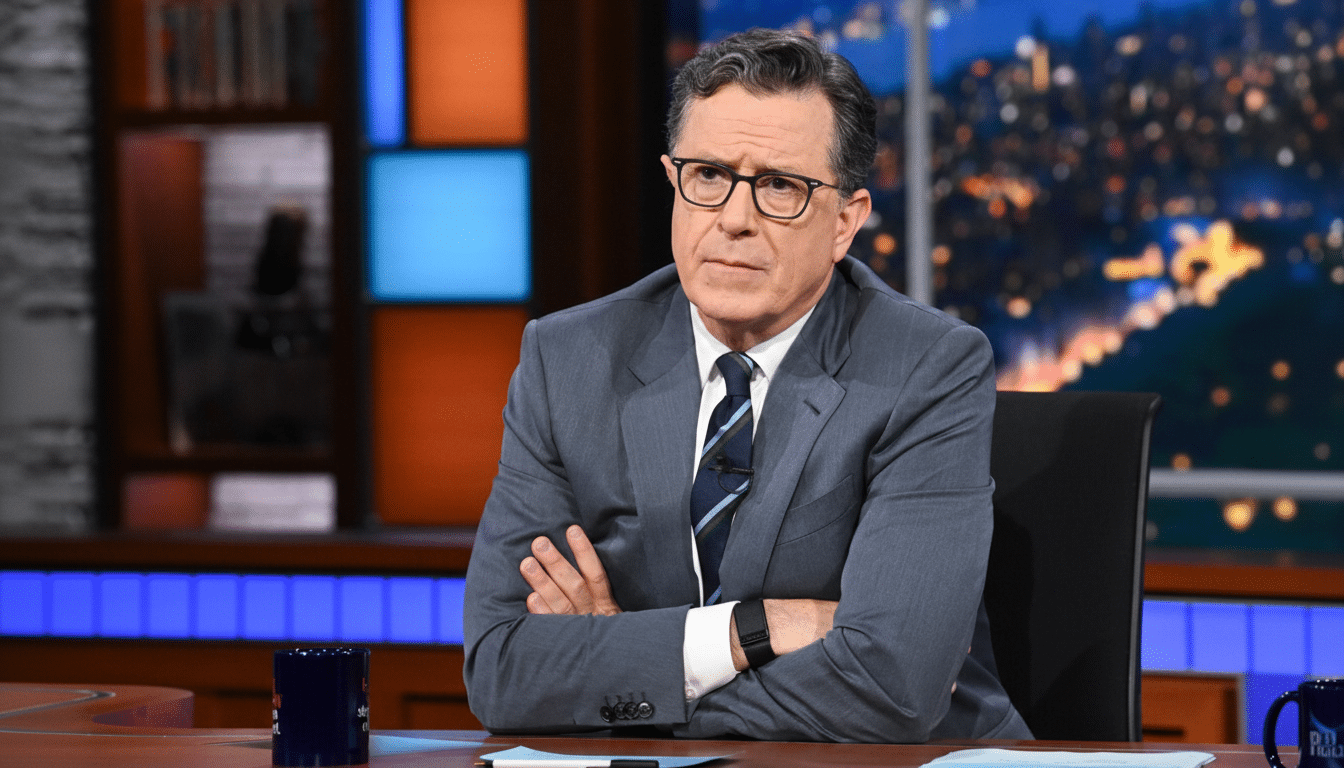Donald Trump’s bracing delight that Jimmy Kimmel had been removed from the air transformed a late-night programming decision into a high-stakes proving ground for free speech and government influence on media. Though the former president celebrated ABC, civil liberties advocates and media scholars caution that the episode threatens to normalize political interference in editorial decision-making.
A victory lap for Trump amid Kimmel’s suspension
ABC suspended Jimmy Kimmel Live! (The network declined to comment on the matter.) Less than a day later, The Man Show began trending on Twitter. Trump lauded the network for “doing what had to be done,” casting the move as long-overdue accountability for a critic he has fixated on and derided over the years. He has repeatedly denigrated large broadcasters as biased himself, once calling on regulators to examine the broadcast licenses of ABC and accusing it of systemic bias against him.

After the suspension, Trump upped the calls to sideline other late-night hosts, naming Fallon and Seth Meyers and bragging about recent news that The Late Show with Stephen Colbert had finished. Ratings barbs are a page from the former president’s media playbook, but the louder cheering here is part of a wider campaign to exact payback on perceived enemies in major entertainment.
How the suspension unfolded at ABC and beyond
ABC’s move came after Kimmel mocked right-wing attempts to rehabilitate the image of a man who killed conservative activist Charlie Kirk — a segment that received pushback from a litany of Republican heavy-hitters. The show was yanked in the face of that backlash, with the network providing no detailed public explanation beyond acknowledging the hiatus.
Upping the ante, FCC official Brendan Carr publicly called on ABC to “take action” and floated the possibility of reviewing its licenses. Although the FCC has jurisdiction over indecency rules and technical compliance, to leverage its control of licensing against political or editorial beliefs would run into long-standing First Amendment barriers restricting government coercion of speech.
Warnings on free speech from legal and media experts
Anna Gomez, a Democratic commissioner at the FCC, said that a terrible and isolated crime should not be hijacked as a pretext for more generalized squelching of lawful speech. In her warning, she echoed the fears of groups advocating for press freedom that there is a deliberate effort to blur the line between criticism and coercion.
Commentators emphasized the difference between audience-driven “cancel culture” and state pressure. Writer David Frum emphasized that when authorities warn of consequences if a program doesn’t comport itself in accordance with their preferred narratives; you’re no longer talking about culture war stuff — you’d be getting into government-directed speech, which is an area courts have smacked down on multiple times.
Legal context matters. In other words, the Supreme Court has not looked favorably on informal government “advice” that amounts to intimidation. More recently, federal courts have examined what is known as jawboning — efforts to punish speech through back-channel threats against private actors. And to the extent that it did — as in Backpage.com v. Dart and NRA v. Vullo — courts have cautioned officials that deploying regulatory authority to chill speech is unconstitutional, even where the orders have not been formally promulgated.

Late night, ratings and political pressure
Trump’s digs about late-night ratings are old hat, of course, but they leave out how the business has evolved.
Nielsen numbers for linear TV in general have tanked as audiences flock to clips, podcasts and social platforms. A monologue can underwhelm on broadcast, but attract millions of digital views — a dynamic that has made political comedy at once more diffuse and more dominant.
There is precedent for a network benching or ousting a host after controversy — Don Imus being pushed out of his radio show in the 2000s, etc. — but those were market reactions. What makes the Kimmel episode different, free-speech defenders say, are the fingerprints of government pressure: a regulatory threat along with a corporate suspension. That dynamic creates a risk of such a chilling effect well beyond any single program.
Research from groups such as Reporters Without Borders and the Knight Foundation has documented increasing public apprehension about political pressure on news and commentary. Analysts of press freedom say that when regulators suggest they will take punitive action linked to content, executives tend to overcorrect — by yanking shows, tempering their scripts or merely steering clear of touchy subjects.
What to watch next as networks and regulators react
ABC will come under increasing scrutiny to define its standard for suspending a host over political commentary, a genre at the heart of late-night programming. The FCC, for its part, will face scrutiny over whether there was a point where its officials’ public broadsides veered from criticism to coercion.
Organizations like the ACLU, PEN America and the Reporters Committee for Freedom of the Press will surely be looking over that sequence of events and any regulatory follow-through. If the Kimmel ruling serves as a model for stifling and punishing dissenting voices in the wake of political threats, that chilling effect could be felt throughout comedy, journalism and beyond.
For now, Trump’s party makes the point: one of his most vocal media critics is gone from the airwaves. The larger question is whether the line between political power and editorial independence just moved — and how fast others will change the way they talk in response.

